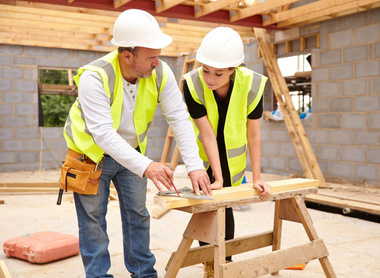Business resilience
Take a look at some useful resources for your construction business from the FMB, to help you navigate tough financial times.
At the FMB, it’s important to us that our members can build with confidence. Through our campaigns we champion quality construction and work to influence policy outcomes to help our members. We aim to inform our members, build support, and change the law where we need to. Our team works with politicians and policy makers across the four nations of the UK.

Take a look at some useful resources for your construction business from the FMB, to help you navigate tough financial times.

We are leading the campaign to introduce a mandatory licensing scheme for UK construction firms.

If we are to tackle climate change, we need to make our homes greener.

Helping FMB members to invest in the future workforce by taking on and training apprentices.

Reversing the decline in SME house builders is a cornerstone of the FMB’s agenda.